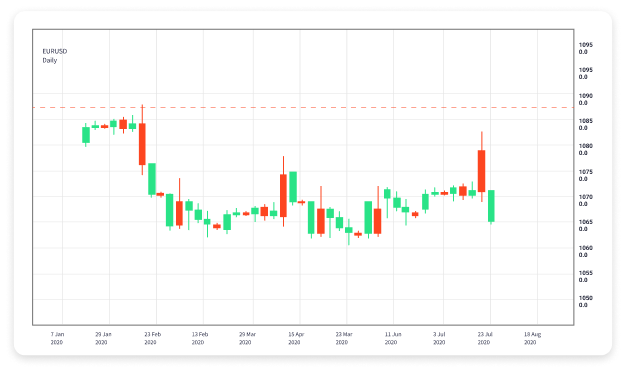
When embarking on your journey in forex trading, selecting the optimal broker is among the most crucial decisions you will make. A suitable broker not only provides you with access to the markets but also offers the tools, resources, and support necessary for your trading success. To get started on your research, refer to best broker for forex trading Forex Broker Register for valuable insights into various brokers available.
Understanding Forex Brokers
Forex brokers act as intermediaries between traders and the foreign exchange market. They facilitate transactions by providing a platform through which traders can access the market. Each broker offers different types of accounts, trading platforms, and fee structures, which can significantly impact your trading experience. Thus, understanding what to look for in a broker is essential.
Types of Forex Brokers
Forex brokers can generally be categorized into three main types:
- Market Maker Brokers: These brokers essentially create a market for you. They set their own bid and ask prices and take the other side of your trades. Market makers typically offer fixed spreads and are ideal for beginners due to their simple pricing mechanisms.
- ECN Brokers: Electronic Communication Network (ECN) brokers provide direct access to the forex market. They aggregate prices from multiple sources, allowing traders to benefit from variable spreads. This type of broker is more suited for advanced traders who appreciate transparency in pricing.
- STP Brokers: Straight Through Processing (STP) brokers act as intermediaries between traders and liquidity providers. They automatically send your orders to the market without dealing with them directly. STP brokers tend to offer competitive spreads and faster execution times.
Key Factors to Consider When Choosing a Forex Broker
Here are several key considerations to keep in mind while evaluating potential forex brokers:
1. Regulation and Trustworthiness
Choosing a regulated broker is paramount to ensuring the safety of your funds. Regulatory bodies such as the FCA (Financial Conduct Authority), ASIC (Australian Securities and Investments Commission), and CySEC (Cyprus Securities and Exchange Commission) impose stringent requirements on brokers, which provide a sense of safety and accountability. Always verify the broker’s regulatory status before opening an account.
2. Trading Costs

Understanding the costs involved in trading is vital. Brokers might charge spreads, commissions, or both. Check if the broker offers competitive spreads for the currency pairs you wish to trade. Low trading costs can significantly impact your profitability over time.
3. Trading Platforms
The trading platform is the software you will use to execute your trades. Ensure that your chosen broker offers a reputable platform with user-friendly features, advanced charting tools, and reliable execution speeds. Popular platforms include MetaTrader 4, MetaTrader 5, and cTrader.
4. Leverage Options
Leverage can amplify your profits but also increase your risk. Depending on your trading strategy, look for a broker that offers appropriate leverage ratios that align with your risk tolerance. However, always trade responsibly and be aware of the potential downsides of high leverage.
5. Customer Support
Responsive customer support can greatly enhance your trading experience, especially for beginners. Test the broker’s customer service before committing by asking questions via live chat, email, or phone. Reliable brokers should offer multiple channels of support and be available during trading hours.
6. Account Types
Different traders have different needs, so brokers often offer multiple account types. These can range from standard accounts suitable for most traders, to demo accounts for practice, to specialized accounts like Islamic accounts. Evaluate which account type aligns with your trading goals.
7. Educational Resources
Many brokers provide educational resources such as webinars, articles, and video tutorials. These resources can be incredibly useful, especially for those new to forex trading. Such tools will help you to build your trading knowledge and strategy.
How to Test a Broker
Before fully committing to a broker, it’s wise to test their services in a risk-free environment. Most brokers offer demo accounts that allow you to trade with virtual money. This enables you to assess the broker’s trading platform, execution speeds, and services without any financial risk.
Conclusion
Selecting the best broker for forex trading requires careful consideration of various factors, including regulation, trading costs, and platform usability. By taking the time to conduct thorough research and utilizing resources like the Forex Broker Register, you can make a more informed decision that aligns with your trading objectives. Remember, the right broker can facilitate your pathway to success in the forex market.
Deja una respuesta